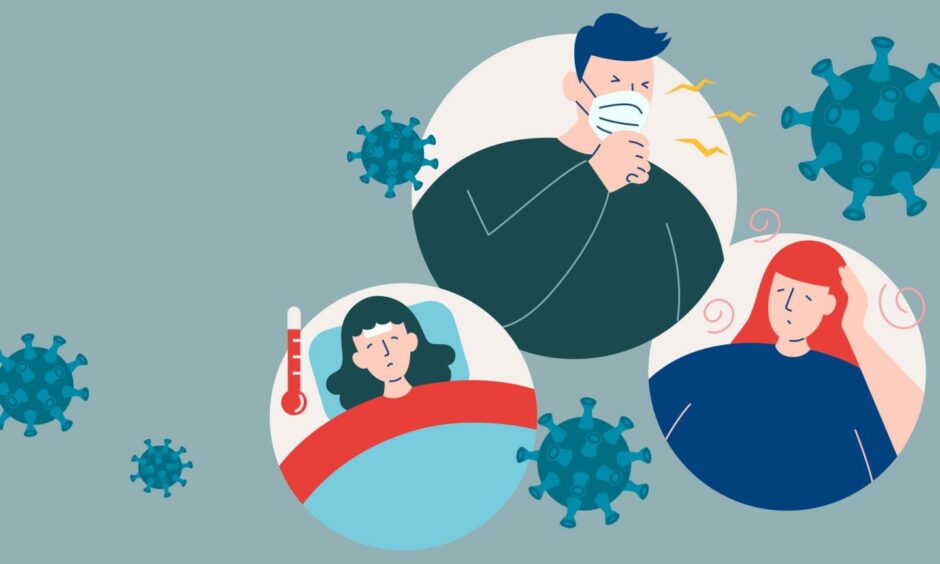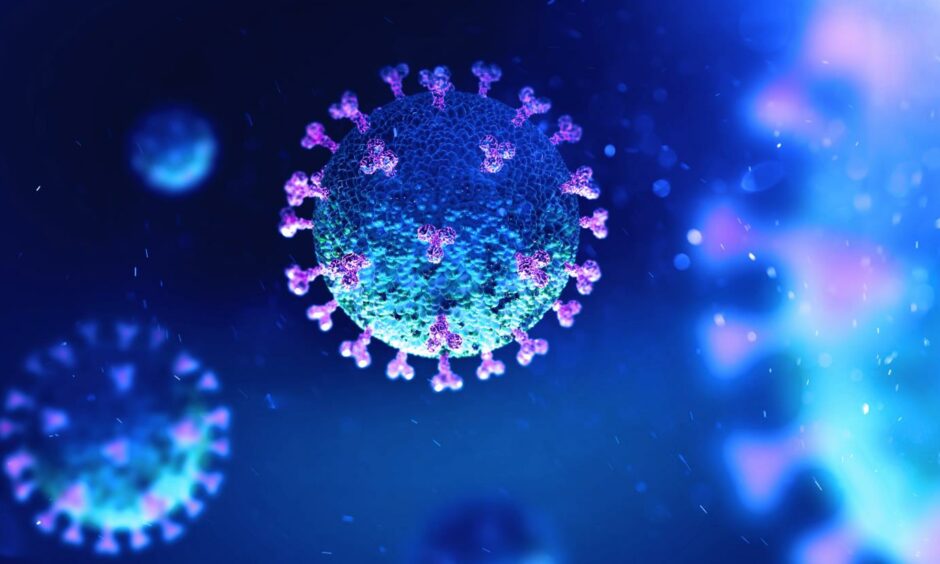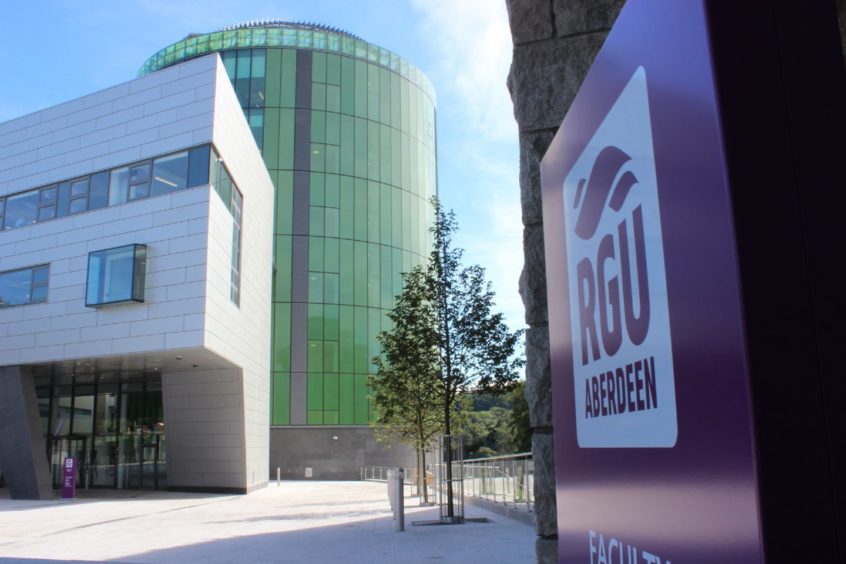Robert Gordon University’s Kay Cooper, clinical professor of allied health professions, has highlighted the importance of physiotherapy for improving the quality life of those suffering from long Covid – while maximising recovery, she writes.
Physiotherapists, along with colleagues from the other allied health professions such as occupational therapists and dietitians, are rising to the challenge of long Covid and patients’ rehabilitation needs.
That’s why, this year, World Physiotherapy Day rightly focuses on the vital role that physiotherapists must play in rehabilitation from this condition.
970,000 people in the UK experience symptoms
Long Covid is an emerging condition for which there is no internationally agreed definition.
However, there is growing evidence that it is common, debilitating, and can affect anyone—not just those who were hospitalised with Covid-19.
According to the Office for National Statistics (ONS), as of June 6, 2021, an estimated 970,000 people in the UK were experiencing symptoms of long Covid, identified as those persisting more than four weeks after the first suspected Covid-19 infection.
Long Covid is a multi-system disease, meaning that people experience a wide range of symptoms in varied combinations, and commonly report that they fluctuate over time.
A recent review of studies found the most common symptoms to be fatigue, breathlessness, muscle and joint pain, cough and headache — but more than 50 symptoms were reported in total.
Some symptoms can be managed through rehabilitation, where physiotherapists are well-placed to use their specialist knowledge and whole-person approach to co-produce individualised rehabilitation plans and provide advice to support people in self-managing their condition.
Rehabilitation is complex – but we are still learning about long Covid
For World Physiotherapy Day, World Physiotherapy has produced information on some commonly used management strategies in long Covid rehabilitation, including fatigue management, breathing exercises and pacing of activity to avoid post-exertional symptom exacerbation (PESE).
Long Covid rehabilitation is complex, as we are still learning about the condition and what is effective against it.
We do know that rehabilitation needs to be tailored to individual needs— and that activity needs to be approached with great care to avoid worsening symptoms.
As there is much to learn about how best to diagnose, treat and rehabilitate people with Long Covid, Scotland’s Chief Scientist Office (CSO) and the UK’s National Institute for Health Research have funded much-needed research studies — totalling more than £40m to date.
These studies will investigate the experience and impact of Long Covid, and to better understand how to manage it.
RGU co-leading research into vital therapy
As one of nine Long Covid studies funded by the CSO, our research team from the School of Health Sciences at Robert Gordon University, in partnership with the University of Stirling and supported by colleagues from the University of Dundee and NHS Ayrshire & Arran, is leading research to evaluate models of community rehabilitation for people with the illness.
We are investigating what is currently being provided for patients by community rehabilitation services (physiotherapists, occupational therapists and their colleagues) in four Scottish health boards (Ayrshire & Arran, Lanarkshire, Grampian, Tayside).
We will seek to understand the way current long Covid services are being delivered by community rehabilitation teams, and the outcomes and experiences of patients receiving rehabilitation in these settings.
We aim to find out what works for individual patients in their particular circumstances, recognising that long Covid symptoms vary between individuals and that a “one size fits all” approach will not be appropriate.
The findings of our research will be shared with community rehabilitation services across Scotland’s 14 territorial health boards.
In line with the urgent need for evidence on long Covid, we will also share our findings part-way through the research study, enabling rehabilitation teams across Scotland to develop action plans earlier to enhance local long Covid rehabilitation services, as we continue to investigate the evolving services in the four included health boards.
‘Proud of physios continuing to respond to pandemic’
Of course, physiotherapists are not only vital for long Covid rehabilitation: throughout the pandemic, they have played an important role in all settings from intensive care to the community.
Some were redeployed to support other colleagues and services, and those not directly involved in Covid-19 care rapidly embraced new ways of working so that physiotherapy could be provided safely to those who needed it.
In Scotland, we do not currently have long Covic clinics.
I am immensely proud of my physiotherapy colleagues
Instead, patients are advised to attend their GP to be referred to relevant services, which includes physiotherapist rehabilitation experts.
National guidance recommends that multidisciplinary rehabilitation teams should support people’s recovery when it is safe to do so — after any symptoms that may affect the safety of rehabilitation have been investigated.
On this World Physiotherapy Day, I am immensely proud of my physiotherapy colleagues and all they are continuing to do in response to the Covid-19 pandemic.

